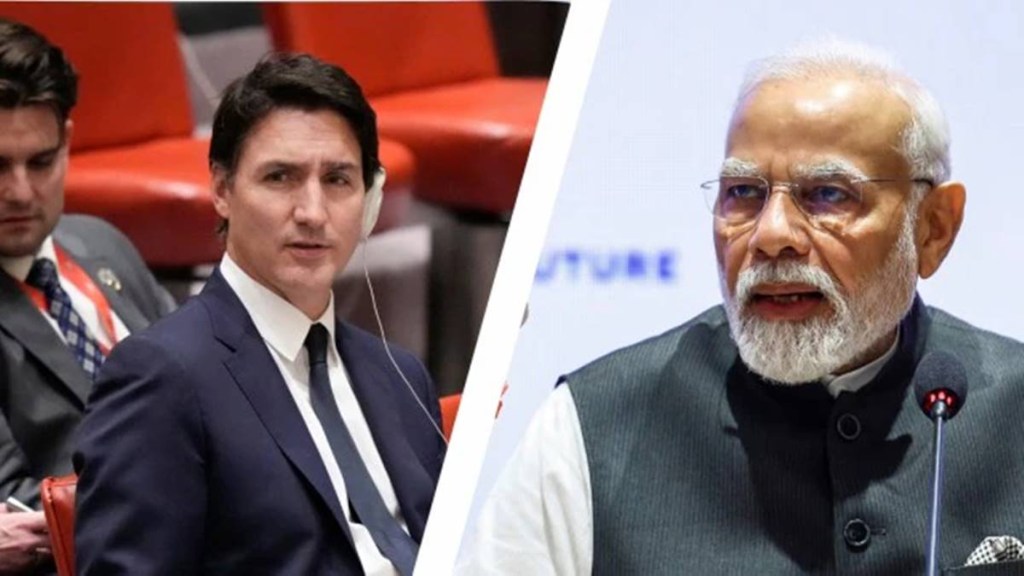India’s geopolitical landscape is once again in flux as the United States confirmed on Wednesday that a former officer of India’s Research and Analysis Wing (RAW), referred to as ‘CC1’ in a Department of Justice (DOJ) indictment, is no longer an employee of the Indian government. This announcement comes in the wake of allegations surrounding a failed plot to assassinate Khalistani separatist Gurpatwant Singh Pannun, raising significant questions about the implications for India’s diplomatic relationships, particularly with Canada, and the broader geopolitical climate in South Asia, reports Indian Express.
The case has its roots in the recent diplomatic tensions between India and Canada, which were sparked by Canadian Prime Minister Justin Trudeau’s assertion of India’s alleged involvement in the assassination of Hardeep Singh Nijjar, a prominent Khalistani activist. This accusation led to retaliatory measures, including the expulsion of diplomats from both countries, as the situation escalated. Amid these tensions, the US announced the visit of a high-level Indian inquiry committee to review evidence shared by American authorities concerning the involvement of Indian national Nikhil Gupta, accused of conspiring to kill Pannun at the behest of an Indian intelligence officer.
US-India Diplomatic Interaction
During a press briefing, Matthew Miller, the spokesperson for the US State Department, indicated that the Indian committee had engaged in a “productive meeting” with US officials. This dialogue is significant as it demonstrates both nations’ commitment to resolving this diplomatic impasse through cooperation and transparency. Miller noted that the Indian side had communicated that the individual named in the indictment was no longer with the Indian government, signifying a potentially substantial shift in India’s approach to the allegations against its intelligence apparatus.
The inquiry committee, though not publicly disclosed, reportedly includes high-ranking retired officials from India’s security establishment, illustrating the seriousness with which India is treating this situation. Miller emphasised the US appreciation for India’s cooperation, highlighting that the ongoing investigations are part of a broader effort to maintain open channels of communication between the two nations.
Broader Implications for US-India Relations
The recent developments have far-reaching implications for US-India relations, particularly regarding counterterrorism efforts and regional stability in South Asia. The cooperation seen in the investigation underscores a mutual interest in addressing security challenges posed by extremist groups, especially those operating across national borders. The indictment linking the assassination plot against Pannun with Nijjar’s killing also suggests a complicated web of regional politics, where issues of national sovereignty, terrorism, and diaspora politics converge.
Moreover, the seriousness with which both nations are approaching this matter reflects a growing recognition of the complexities involved in international diplomacy. India, navigating its own domestic and regional pressures, must balance its counterterrorism strategies with the need to maintain robust international relationships, particularly with allies like the United States.
As the US and India navigate this turbulent chapter in their diplomatic relationship, the unfolding events serve as a reminder of the intricate dynamics at play in global geopolitics. The confirmation of the former RAW officer’s status and the ongoing investigations signal a potential thaw in tensions, provided that both sides continue to engage in constructive dialogue. The international community will be closely monitoring these developments, as they could set a precedent for how state-sponsored actions are perceived and addressed in the evolving geopolitical arena.
The cooperation exhibited by the US and India in the face of serious allegations reflects a shared commitment to uphold regional security while navigating the complexities of international relations. The outcomes of these investigations could have lasting implications not only for US-India ties but also for the stability of South Asia as a whole.

